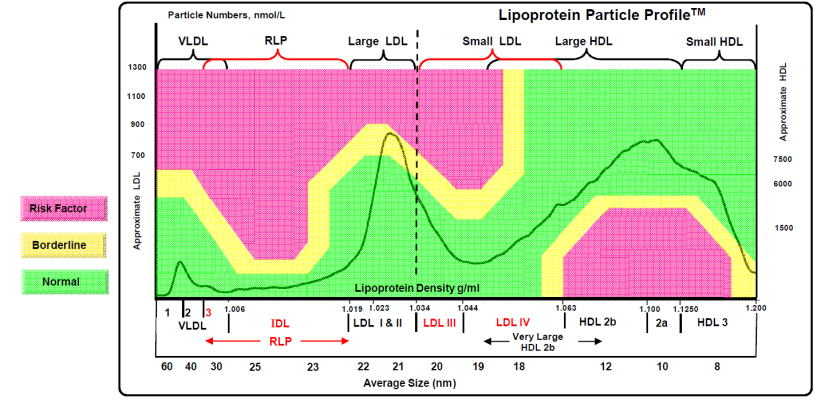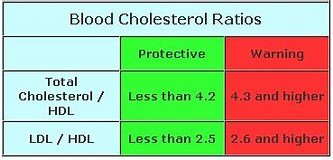eytonxav
Give me a museum and I'll fill it. (Picasso) Give me a forum ...
Yeah, mine also went way up with a LCHF diet. So did my LDL. And my triglycerides dropped dramatically, so my Trig/HDL ratio became stellar.
Yes before LCHF I saw improvement with regular exercise.
What is a good Trig/HDL ratio? I'm at 1.11



